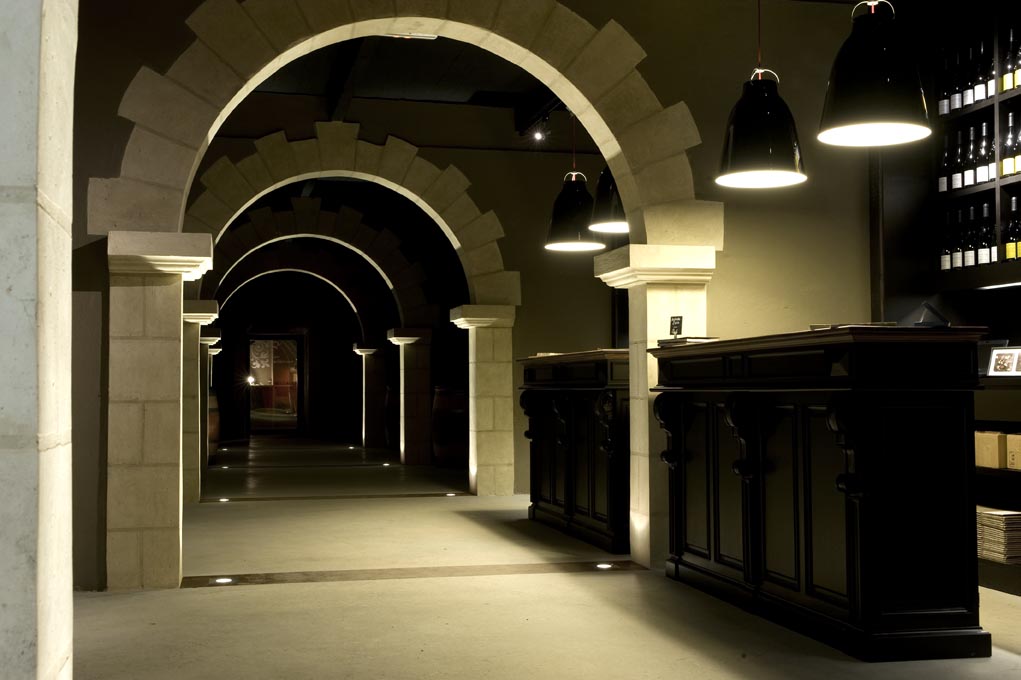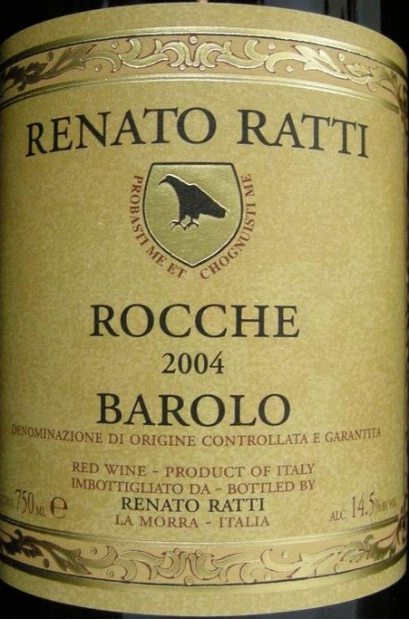BACK TO SCHOOL: AGEING WINE
13/02/2025
Wine: enjoyed for millennia, capable of transforming from a simple grape juice into the complex and captivating experience we know and love. Central to this transformation is the art and science of ageing wine, a practice that requires patience, knowledge, and a touch of intuition. But why do we age wine in the first place? What exactly happens within the bottle as the years tick by? And is it always a good thing?
Why age wine?
The primary reason for ageing wine is to unlock its full potential. Many wines, particularly those of high quality, are incredibly structured and tannic in their youth. These characteristics, while promising, can make the wine seem harsh and unapproachable if you drink them too young. Ageing allows these components to soften and integrate, revealing a more nuanced and harmonious flavour profile. Here it's the basic ingredients plus the passage of time that allows them to blend and create a masterpiece... or at least a mighty enjoyable glass.
Beyond simply softening tannins, ageing can also lead to the development of tertiary aromas and flavours. These are the complex notes that emerge as a wine matures, often replacing the primary fruit flavours with more savoury and earthy nuances. A young Cabernet Sauvignon will generally display fruity blackcurrant notes, while a well-aged example can reveal hints of cedar, tobacco, and leather. This evolution is what makes aged wines so fascinating and sought-after.
The transformation within the bottle:
The changes that occur during wine ageing are complex and multifaceted, involving a series of chemical reactions which I won't go into... as I don't know those details myself! However, at the heart of it all is the interplay between tannins, acids, sugars, and phenolic compounds.
Tannins: These are the compounds, primarily found in red wines, that contribute to the wine's astringency and structure. They give it that mouth-drying quality which can be a bit too much in a young wine. Over time, tannins polymerize, meaning they bind together into larger molecules. This process softens the wine's texture and reduces its harshness.
Acids: Acidity is crucial for balance and freshness in wine. While some acids become less pronounced with age, others can react with alcohols to form esters, which contribute to the development of complex aromas. (Acid is also essential to hold a wine together as it ages making sure it doesn't become flabby and insipid in the bottle.)
Phenolics : This broad category includes tannins, but also other compounds that contribute to colour, aroma, and flavour. As wine ages, these compounds undergo various reactions, leading to changes in colour (red wines often lose their ruby hue and develop a garnet or brown tinge, and funnily enough white wines also start edging towards brown via gold) and the development of tertiary aromas. You can expect your wine to become paler and less vibrant in colour, but more complex in aromatic character.
Sugars: In dry wines, the sugar content is minimal. However, even small amounts of residual sugar can play a role in the ageing process, interacting with other compounds to create new flavours and contributing to ageability. The more sugar the better in terms of ageing - which is why sweet wines age really well.
The science behind the magic:
The science behind wine ageing is a fascinating blend of chemistry and microbiology. Oxidation plays a crucial role, albeit a carefully controlled one. Small amounts of oxygen can seep through the cork, contributing to the slow evolution of the wine. This micro-oxygenation is different from the rapid oxidation that occurs when a wine is exposed to air for too long, which can lead to spoilage. Another important factor is the role of yeast. Even after fermentation is complete, small amounts of yeast can remain in the wine, continuing to interact with other compounds and contributing to the development of complexity.
The art and skill:
While it's all very good and well having science provide the framework as above, ageing wine is also an art. After all... people have been ageing wine for centuries, long before we knew anything about 'micro-oxygenation.' Knowing which wines will benefit from ageing and for how long requires experience and intuition. Winemakers must carefully consider the grape variety, the vintage, the winemaking techniques, and the storage conditions to determine a wine's ageing potential.
Furthermore, this "art" extends to the consumer. Knowing when to open a bottle of aged wine is a delicate balance. Opening it too early might mean missing out on the full development of its flavours, while waiting too long could result in a wine that has passed its peak.
Wines that benefit from ageing:
So where do I begin?
Well, generally, wines with high levels of tannins, acidity, and concentrated fruit flavours (maybe with some sugar, or higher alcohol) are going to be the best candidates for ageing. Some classic examples include:
Reds: Cabernet Sauvignon, Merlot, Syrah/Shiraz, Nebbiolo (Barolo, Barbaresco), Sangiovese (Chianti Classico, Brunello di Montalcino)
White : Chardonnay (particularly oaked examples), Riesling, Semillon
Sweet : Sauternes, Tokaji, Vintage Port
Wines that should not be aged:
There is sometimes a kneejerk belief that older is better... and after reading all of the above I suppose I can understand why. But this is far from the truth. Many wines are intended to be consumed young, while their fruit flavours are fresh and vibrant. Although these wines typically lack the structure and concentration needed to age gracefully, they can be beautiful and equally well-crafted and should not be overlooked. Examples include:
Most inexpensive wines
Light-bodied red wines like Beaujolais
Most rosé wines
Unoaked white wines like Sauvignon Blanc and Pinot Grigio
How to age wine!
For those looking to explore the art of ageing wine at home, several options exist. A dedicated wine fridge provides precise temperature and humidity control, crucial for long-term storage. Alternatively, a cool, dark, and stable environment like a cellar or cupboard could suffice, provided temperatures remain consistent and fluctuations are minimal - the kitchen is not ideal. Make sure to invest in a wine rack to stores bottles horizontally and this will keep the corks moist and avoid unwanted ingress of oxygen. If the above isn't feasible, then some organisations like The Wine Society will store your wine for you.
Serving old wine:
So now we know what we're glugging young, and what we're putting aside. However, before you crack on with it, serving aged wine does require a few special considerations. Older wines can be more fragile and susceptible to oxidation, so it's important to handle them gently. The cork can also be delicate, so be cautious when removing it. It's often recommended to decant aged wines to separate them from any sediment that may have formed. However, in extreme cases, very old and delicate wines may be best served without decanting, as this could expose them to too much oxygen. Don't be scared if you end up with some sediment or cork in the glass - completely harmless and normal.
Ageing wine is a testament to and a faith in the transformative power of time. It's a process that rewards patience and understanding, and can be a lifelong journey of discovery.

